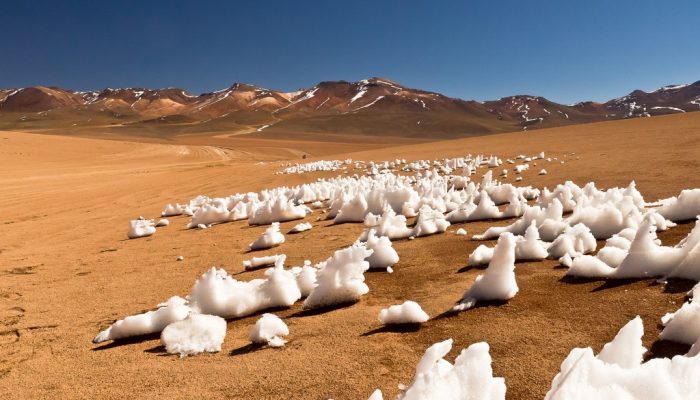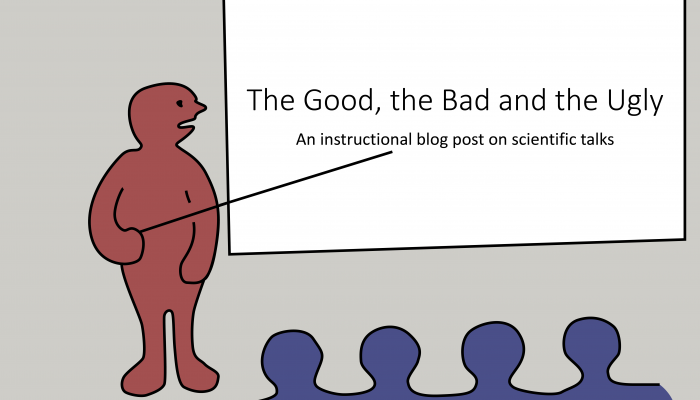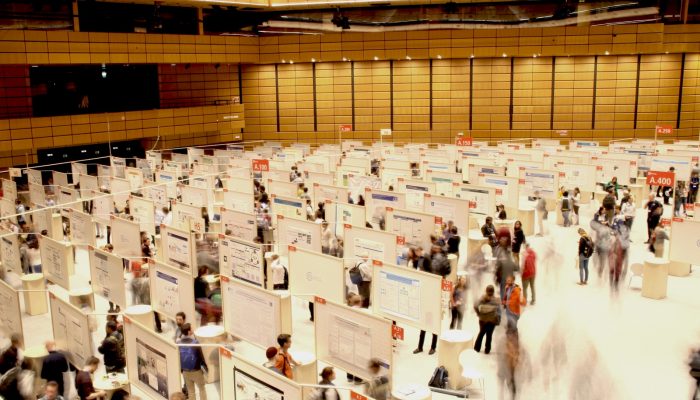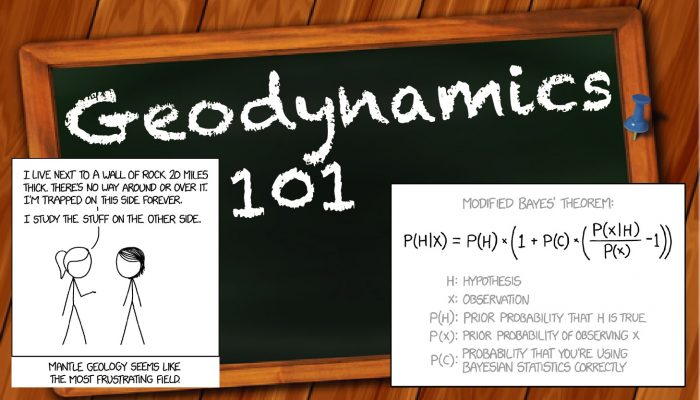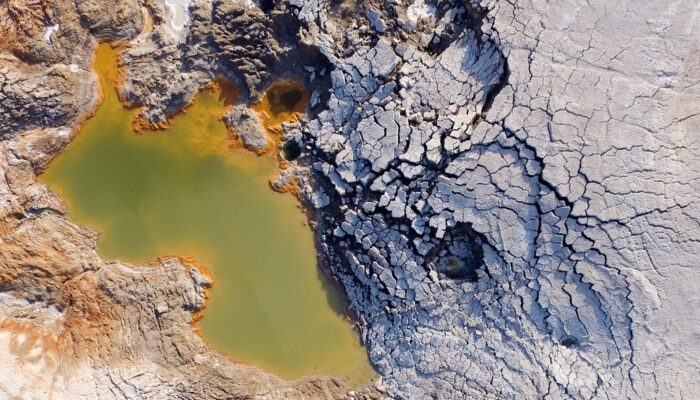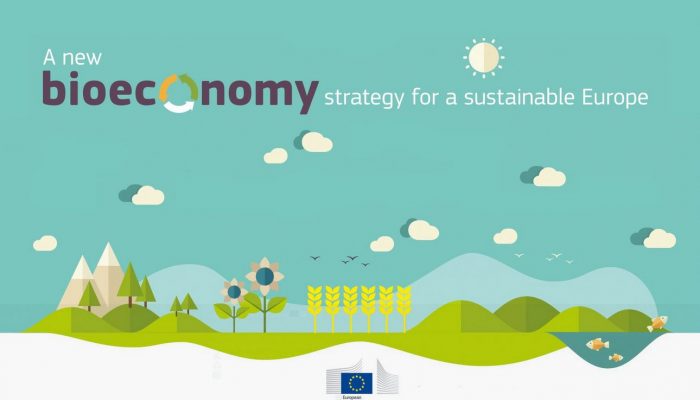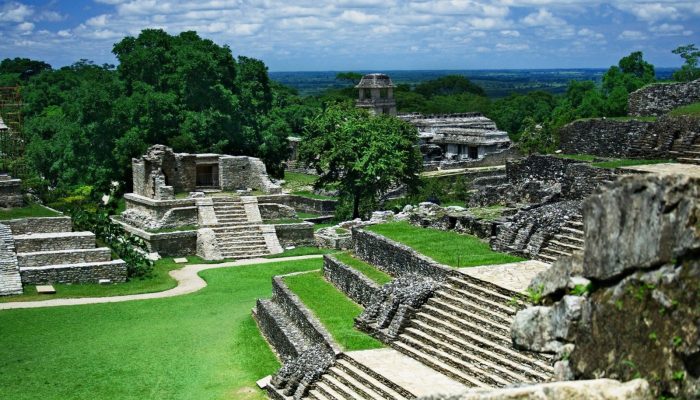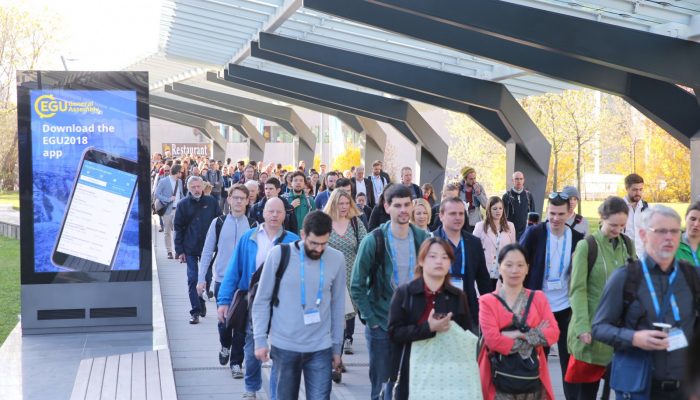What do Chile and Jupiter’s moon Europa have in common? If you like astronomy, you may reply “space missions!” – Chile’s dry air and clear skies make it an ideal location for telescopes like the VLT or ALMA, while Europa’s inferred subsurface ocean will be studied by the upcoming mission to Jupiter JUICE, due to launch in 2022. But Chile’s high altitude Atacama desert and Europa’s frozen surface a ...[Read More]
If you didn't find what you was looking for try searching again.
Seismology
Scientific Talks: The Good, the Bad and the Ugly
We’ve all been there at some point: being nervous, stuttering, or losing our train of thought because somebody looks so incredibly bored that you are afraid they might actually collapse. Then there’s saying something stupid or just plain wrong, or talking so fast and quietly that nobody understands what your results are. These are certainly my lowest moments giving talks and I’ll save myself the e ...[Read More]
Stratigraphy, Sedimentology and Palaeontology
Brachiopods in a changing planet: from the past to the future
Between the 10thand 14th of September 2018, the 8thInternational Brachiopod Congress took place in the prestigious venue of the University of Milan, after the previous editions held in Melbourne (Australia) in 2010 and in Nanjing (China) in 2015. It was the first time, since its foundation over 35 years ago, that this important conference was hosted in Italy. The Congress was attended by 150 parti ...[Read More]
GeoLog
EGU2019: Financial support to attend the General Assembly
The EGU is committed to promoting the participation of both early career scientists and established researchers from low and middle-income countries who wish to present their work at the EGU General Assembly. In order to encourage participation of scientists from both these groups, a limited amount of the overall budget of the EGU General Assembly is reserved to provide financial support to those ...[Read More]
Geodynamics
Inversion 101 to 201 – Part 2: The inverse problem and deterministic inversion
The Geodynamics 101 series serves to showcase the diversity of research topics and methods in the geodynamics community in an understandable manner. We welcome all researchers – PhD students to professors – to introduce their area of expertise in a lighthearted, entertaining manner and touch upon some of the outstanding questions and problems related to their fields. This time, Lars Gebraad, PhD s ...[Read More]
Seismology
Seismology Job Portal
On this page we regularly update open positions in Seismology. Do you have a job on offer? Contact us at ecs-sm@egu.eu _______________________________________________________________________________________ Latest open positions: PhD opportunities [1] Funded PhD opportunities in fluvial seismology at New Mexico Tech Open until: 2019-09-30 The students will join a project to in ...[Read More]
GeoLog
Imaggeo on Mondays: Hole in a hole in a hole…
This photo, captured by drone about 80 metres above the ground, shows a nested sinkhole system in the Dead Sea. Such systems typically take form in karst areas, landscapes where soluble rock, such as limestone, dolomite or gypsum, are sculpted and perforated by dissolution and erosion. Over time, these deteriorating processes can cause the surface to crack and collapse. The olive-green hued sinkho ...[Read More]
GeoLog
GeoPolicy: the EU’s Bioeconomy Strategy – what is it and how is it linked with geoscience?
What is the bioeconomy? Global threats such as climate change, ocean acidification, land degradation and an ever-expanding population means that it’s essential for us to reduce our environmental impact while still meetings our demand for food, resources and energy. The bioeconomy covers all sectors and systems that rely on biological resources and their functions including renewable biological re ...[Read More]
GeoLog
Geosciences Column: How climate change put a damper on the Maya civilisation
More than 4,000 years ago, when the Great Pyramid of Giza and Stonehenge were being built, the Maya civilisation emerged in Central America. The indigenous group prospered for thousands of years until its fall in the 13th century (potentially due to severe drought). However, thousands of years before this collapse, severely soggy conditions lasting for many centuries likely inhibited the civilisat ...[Read More]
GeoLog
Join us at the EGU 2019 General Assembly: Call for abstracts is now open!
From now, up until 10 January 2019, you can submit your abstract for the upcoming EGU General Assembly (EGU 2019). In addition to established scientists, PhD students and other early career researchers are welcome to submit abstracts to present their research at the conference. Further, the EGU encourages undergraduate and master students to submit abstracts on their dissertations or final-year pr ...[Read More]

